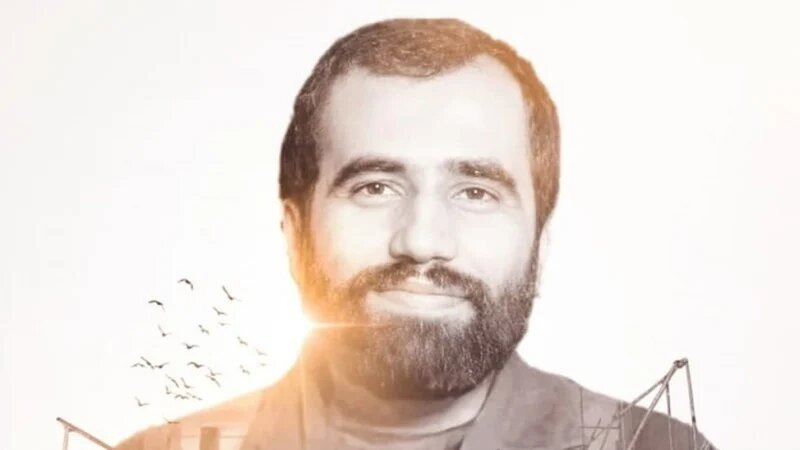The Marsh General: The Epic Life of Martyr Ali Hashemi
How a Young Arab Commander from Khuzestan Became a Symbol of Iran’s Resistance and Sacrifice
General Martyr Ali Hashemi, famously known as the "General of Marsh," stands out as one of the most courageous and influential commanders during Iran’s eight-year Holy Defense against Saddam Hussein’s forces. His deep understanding of the battlefield’s geography and his strategic brilliance were pivotal in Iran’s victories, especially as the mastermind behind the major operations "Kheibar" and "Badr." His legacy is so profound that Iran’s Supreme Leader, Imam Khamenei, referred to him as the "Young Arab Khuzestani general," a title that immortalised his role in defending his homeland.
Early Life: Faith and Service
Born in 1961 in Ahwaz, the heart of southwestern Iran, Ali Hashemi was the eldest child in a devout family. From a young age, he was deeply involved in his local mosque, often staying late to clean and care for it. His love for the Qur’an was so strong that he wrote on his door,
"Learn Qur'an freely, only with a Salawat!"
His upbringing was marked by faith, self-sacrifice, and a commitment to community service.
Revolutionary Spirit
During the Islamic Revolution, Hashemi was at the forefront of the struggle against the Pahlavi regime, enduring multiple arrests for his activism. After the revolution’s victory, he played a key role in forming local revolutionary committees and organising youth in Dasht-e Azadegan, helping to establish new community branches dedicated to the ideals of the revolution.
Family and Sacrifice
In 1984, Hashemi married and had two children, Zeinab and Mohammad Hossein. Despite his love for his family, he spent most of his time on the front lines, prioritising the defense of his country over personal life.
Scholar Turned Soldier
Hashemi was also academically gifted, studying medicine at Mashhad University and preparing for a potential scholarship in the United States. However, when war broke out, he set aside his academic ambitions, declaring,
"The battlefront is my priority."
Defending the Homeland
When Saddam’s forces invaded, Hashemi took command of the critical southern front, using his tactical acumen to halt the Iraqi advance and protect key cities like Hamidiyeh and Ahwaz. He famously renamed the Karkheh Koor (Blind Karkheh) river to Karkheh Noor (Radiant Karkheh), symbolising hope and resilience.
The Nosrat Base and Unmatched Operations
In the third year of the war, Hashemi established the Nosrat base, which became renowned for its complex reconnaissance and operational missions. He trained local forces and led the first amphibious operation of the war. Under his leadership, the base conducted 420 successful operations without being detected, playing a crucial role in the Kheibar and Badr campaigns.
Martyrdom and Legacy
On June 25, 1988, during a major Iraqi offensive on Majnoon Island, Hashemi was killed by a helicopter missile as he left his command post, at just 27 years old. Initially believed to be captured, his remains were found 22 years later and laid to rest in Ahwaz after a hero’s funeral.
General Ali Hashemi’s life was a testament to steadfastness, faith, and love for his country. His name continues to shine in Iranian history, much like the marshes of Khuzestan he so bravely defended.


